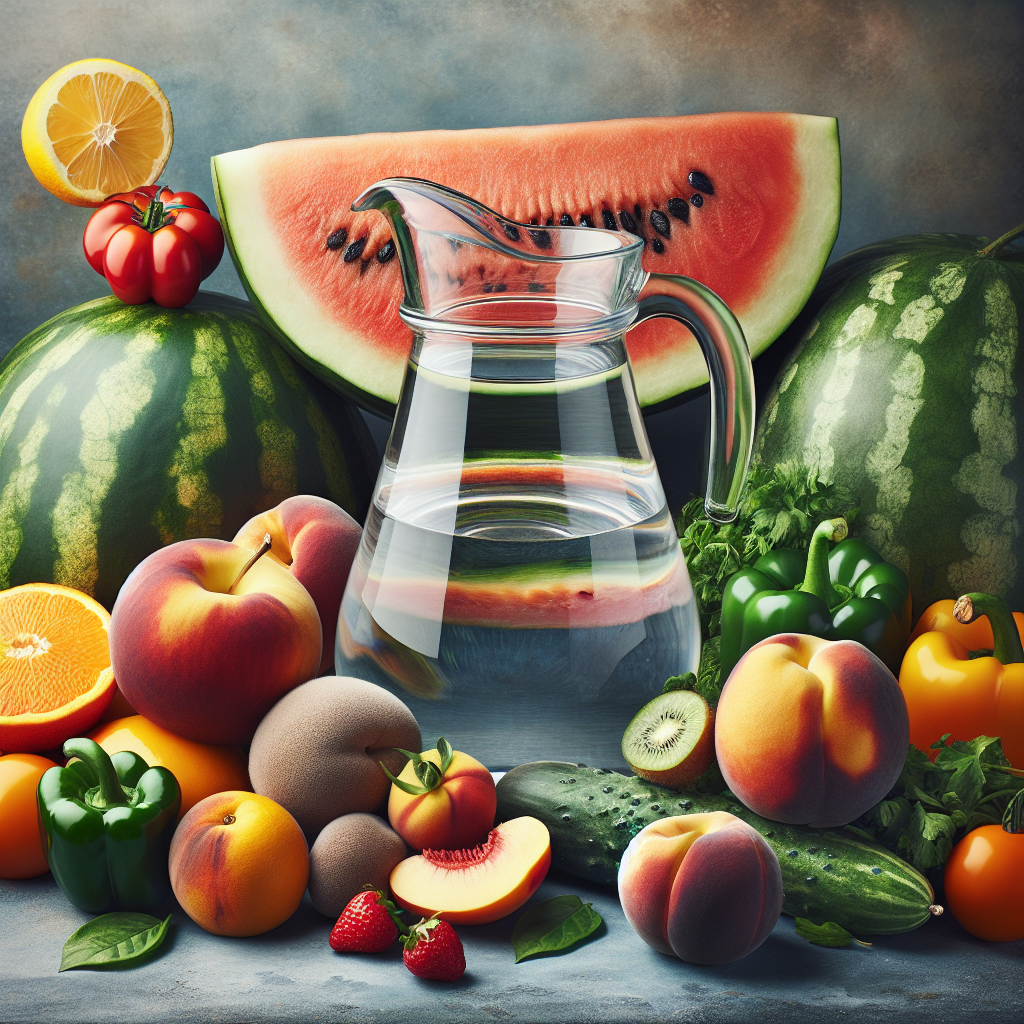Don’t Fall for These Hydration Myths: Separating Fact from Fiction
Hydration is a crucial aspect of maintaining overall health and well-being, yet there are many myths and misconceptions surrounding this topic. It’s important to separate fact from fiction to ensure that we understand the best practices for staying properly hydrated.
One common myth is that you should only drink water when you’re feeling thirsty. In reality, thirst is a sign that your body is already in the early stages of dehydration. It’s recommended to drink water regularly throughout the day, even if you don’t feel thirsty, to maintain optimal hydration levels.
Another prevalent misconception is that caffeinated beverages, such as coffee and tea, lead to dehydration. While caffeine does have a mild diuretic effect, the overall fluid intake from these beverages outweighs the diuretic effect, making them contribute to your daily fluid intake.
Furthermore, the belief that only intense physical activity requires increased fluid intake is also a myth. Everyday activities and even mild exercise can lead to fluid loss through sweat, emphasizing the need to hydrate consistently regardless of activity level.
It’s essential to debunk these hydration myths and focus on the facts to ensure that we are properly and adequately hydrated for optimal health and well-being.
The Truth about Hydration: Dispelling Common Misconceptions
When it comes to hydration, there are many myths and misconceptions that continue to circulate despite scientific evidence proving otherwise. One common misconception is that you only need to drink water when you feel thirsty. The truth is that by the time you feel thirsty, your body is already in a state of dehydration. It’s essential to drink water regularly throughout the day to maintain optimal hydration levels.
Another widespread myth is that caffeinated beverages like coffee or tea dehydrate the body. While caffeine has a mild diuretic effect, the amount of water in these beverages still contributes to your overall fluid intake. Unless consumed in excessive amounts, these beverages can still contribute to your daily hydration needs.
Additionally, the belief that all fluid intake must come from water alone is another misconception. Many fruits and vegetables have high water content and can contribute significantly to your overall hydration. Eating a variety of water-rich foods can complement your water intake and contribute to your overall hydration status.
Dispelling these common misconceptions is crucial in understanding the true importance of hydration and how to maintain it effectively. By debunking these myths, individuals can make informed decisions about their daily fluid intake and prioritize proper hydration for overall health and well-being.
Hydration Unveiled: Busting Myths for Better Health
Hydration is a crucial aspect of overall health and well-being, yet there are numerous myths and misconceptions surrounding this topic. In order to maintain optimal hydration and promote better health, it is essential to debunk these common myths and misconceptions.
One prevalent myth is that only water can keep you hydrated, but in reality, various fluids and even certain foods can contribute to your daily fluid intake. While water is undoubtedly an excellent choice for staying hydrated, other beverages such as milk, herbal teas, and even fruits and vegetables with high water content can also play a significant role in keeping you hydrated.
Another misconception is the belief that feeling thirsty is the only indicator of dehydration. In fact, by the time you feel thirsty, your body may already be in a state of mild dehydration. It is important to pay attention to other signs of dehydration, such as dark-colored urine, fatigue, dizziness, and dry mouth, in order to address the issue before it escalates.
Furthermore, the idea that you only need to drink water when engaging in physical activity is misleading. While it is essential to increase fluid intake during exercise or in hot weather, maintaining adequate hydration is an ongoing process throughout the day, regardless of your level of activity.
To achieve optimal hydration and better health, it is crucial to dispel these common myths and misconceptions. By understanding the various factors that contribute to hydration and recognizing the signs of dehydration, individuals can make informed choices to support their overall well-being.
